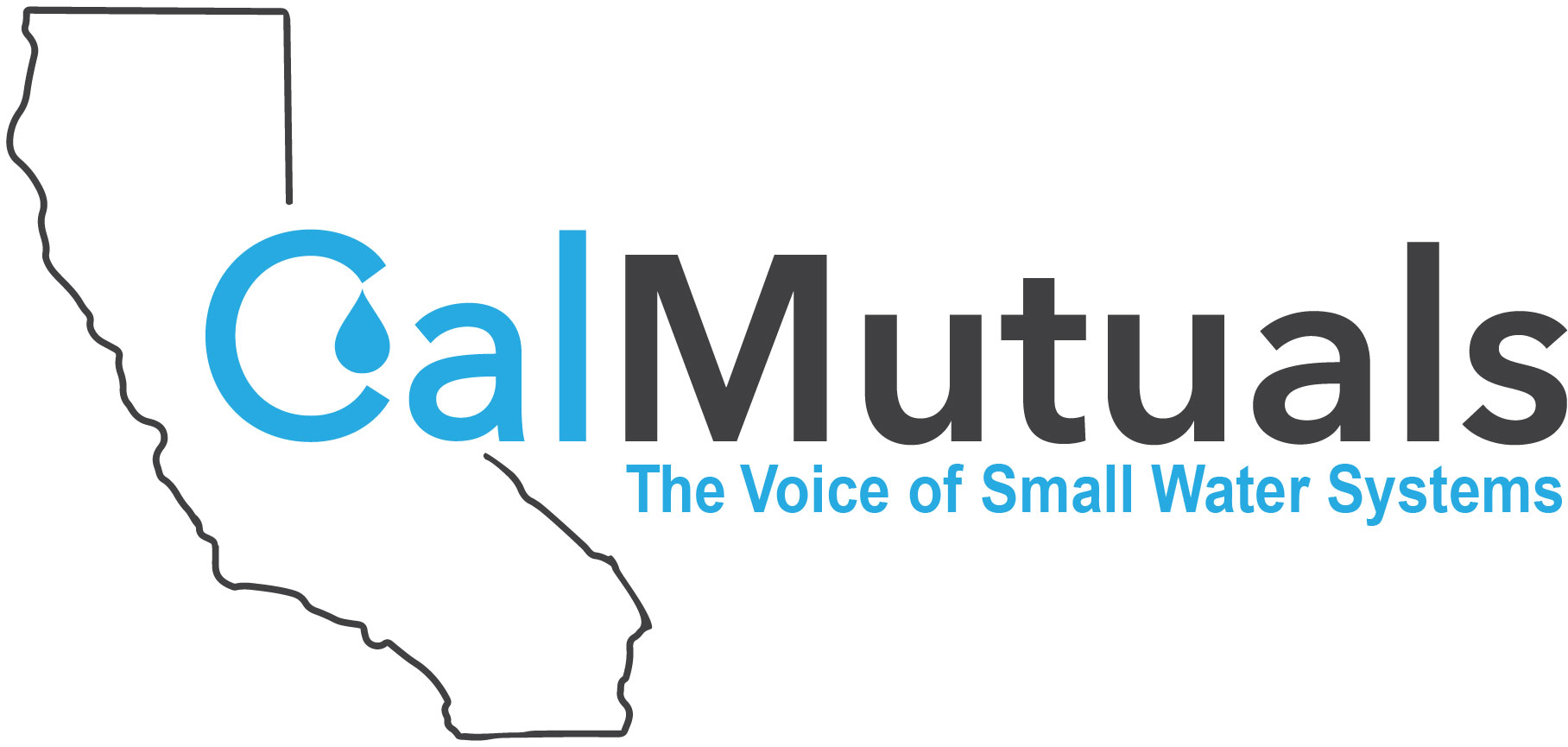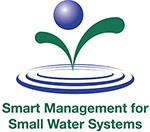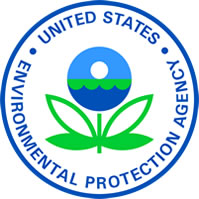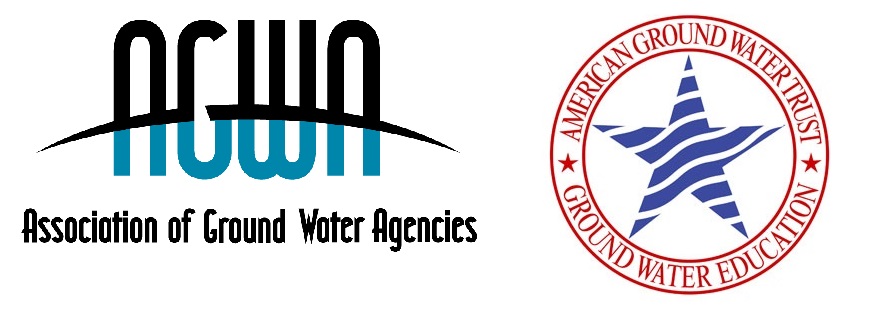Drinking water and wastewater treatment is essential, not only to a city or a community, but to even a single household. The service you provide to your community is essential to the health and safety of your customers, you have the profound obligation to ensure that your utility’s finances are managed properly to support the continual provision of essential water-related services where you live. Your utility can sink or swim based on its financial standing. An informed plan for continuity is essential and, while there is no foolproof way to prevent fraud, errors and omissions, a clear, well-documented set of financial controls communicated to staff will minimize exposure. In this webinar, we will glimpse into the consequences of real life utilities that operated with inadequate or non-existent financial policies and how the situations they faced could be avoided. Presenter: Mary Fleming, RDS Environmental, RCAC




